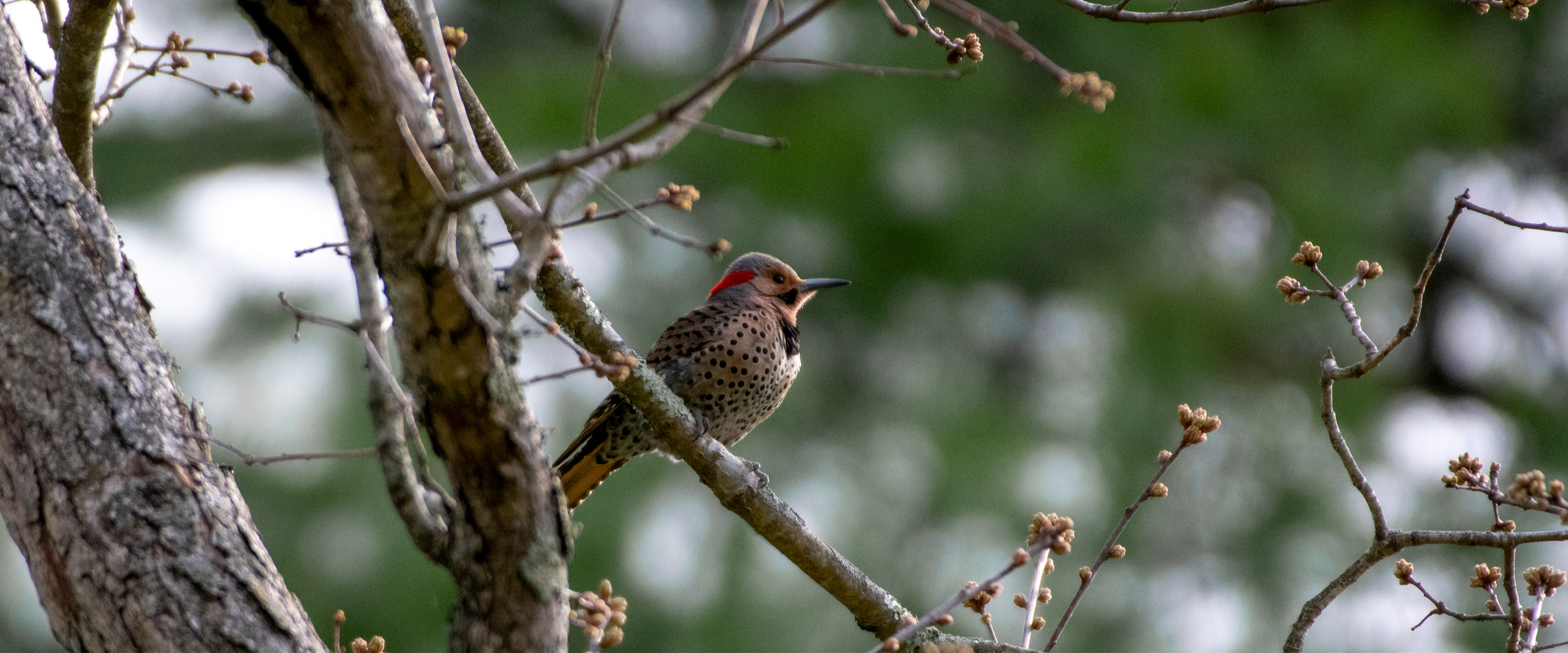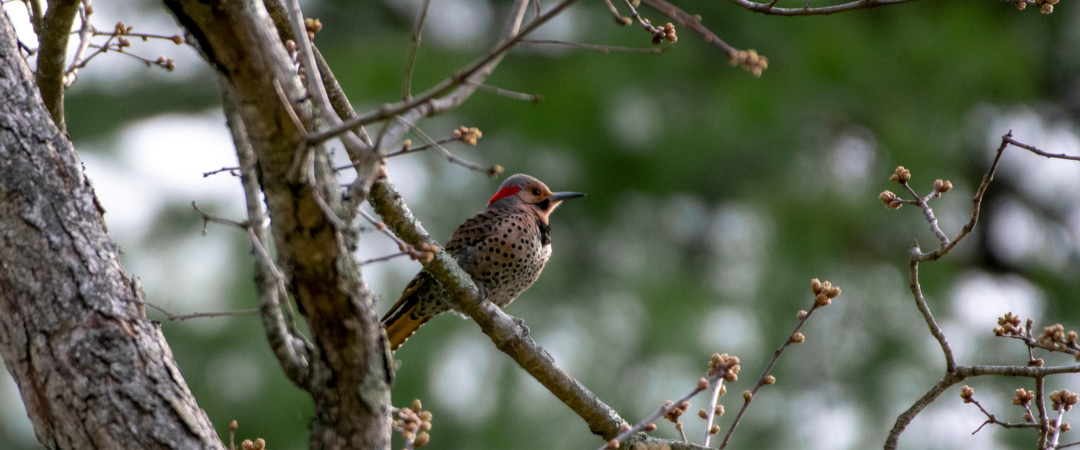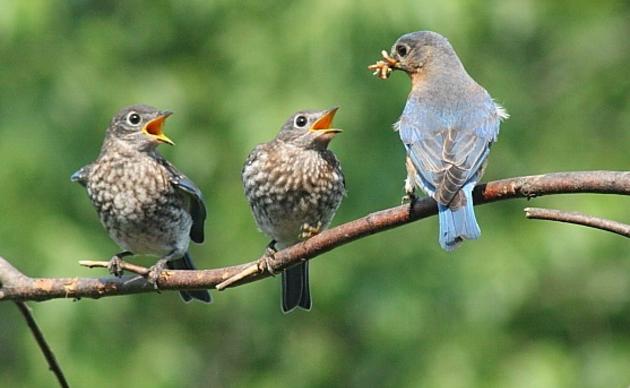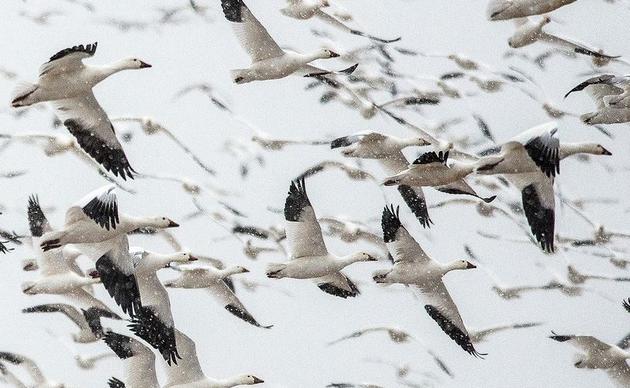ALBANY, NY (February 2, 2023) – As part of her SFY 2023-24 Executive Budget proposal, Governor Kathy Hochul has unveiled the following environmental proposals:
Environmental Protection Fund. Governor Hochul has committed another $400 million in funding for the EPF, which provides critical support for environmental programs, including Audubon’s nature centers and sanctuaries. EPF funding is a solid investment that provides good-paying jobs, drives economic growth, and protects vulnerable wildlife and their habitats. We are disappointed that the Governor’s proposed language would allow funds from the EPF to be spent on staffing for state agencies. We look forward to working with the Governor and Legislature to find a solution that maintains full EPF funding while allowing for adequate staffing.
Funding Clean Water Infrastructure. New York State’s investments in clean water infrastructure have funded significant improvements to our wastewater and drinking water systems. The Governor’s budget provides an additional $500 million in funding for water quality and clean water infrastructure, and also calls for creating Community Assistance Teams to assist with outreach to small, rural, and disadvantaged communities. This proposal will help ensure that birds and people have access to clean water.
Acting on Climate. Fifty percent of bird species are predicted to be either “climate-threatened” or “climate endangered” by 2080, including at least fifty species in New York State. We can help fight climate change and support a responsible clean energy transition by continuing to electrify our economy and developing an aggressive plan to reduce carbon emissions. The Governor has proposed a “Cap and Invest” strategy that would place an economy-wide tax on carbon and several proposals that would phase out the use of fossil fuels in buildings.
Reduce Plastic Waste. Plastics have become an abundant pollutant in our oceans and pose a major threat to marine and coastal wildlife. Establishing an Extended Producer Responsibility program in New York State and shifting the cost of recycling from taxpayers to producers is a smart solution that will reduce plastic waste and its impacts on the environment while also relieving financial pressure on local governments.
Keeping Our Forests Healthy. Overbrowsing by deer has an outsized impact on forest health - destroying critical habitat for declining woodland bird species and decreasing our forests’ ability to store carbon. As a science-based organization, we support evidence-based wildlife management strategies that utilize hunting as an effective management tool. For that reason, we support making the youth hunting pilot program permanent in order to support the next generation of hunters.
New York State Housing Compact. Many New Yorkers are in dire need of affordable housing, and the budget proposal would address this need by accelerating the development of 800,000 units of housing over the next decade. We strongly support strategies that convert underutilized spaces, such as excess office space and vacant residential or commercial buildings, into new housing, as well as proposals that allow for more multi-family buildings to be zoned in order to prevent housing sprawl and conserve our natural landscapes. The proposal also contains an expedited environmental review, and we will be working with the Governor’s office to ensure that our natural resources are protected and that birds and people both have a place to call home.
The following statement is from Erin McGrath, Senior Policy Manager for the National Audubon Society’s New York State office:
"Governor Hochul's Executive Budget proposal provides important environmental funding that will help protect the places birds and people need to thrive. The Environmental Protection Fund and Clean Water Infrastructure Act are solid investments that provide good-paying jobs, drive economic growth, and protect vulnerable wildlife and their habitats. We are also pleased that the budget provides essential capital for our partners at the Department of Environmental Conservation and Office of Parks, Recreation, and Historic Preservation – who are tasked with stewarding our lands, waters, and public parks.
While we are glad to see Governor’s Hochul commitment to providing adequate environmental funding, we are disappointed that her proposed language would allow funds from the EPF to be spent on staffing for state agencies. We are looking forward to working with the Governor and Legislature to find a solution that maintains EPF funding and also allows for adequate staffing.
The budget also contains important policy proposals. We were pleased to see proposals to establish an extended producer responsibility program for plastics, a cap and invest program for climate, and the proposal to make the youth hunting pilot program permanent to help maintain hunting as an effective tool for managing the impact of deer on our forests.
Audubon looks forward to working with Governor Hochul and the Legislature to support funding and policy proposals that conserve and restore our environment.”
###
About Audubon New York
Audubon New York, a state program of the National Audubon Society, protects birds and the places they need, today and tomorrow, throughout the Americas using science, advocacy, education, and on-the-ground conservation. Audubon's state programs, nature centers, chapters, and partners have an unparalleled wingspan that reaches millions of people each year to inform, inspire, and unite diverse communities in conservation action. Since 1905, Audubon's vision has been a world in which people and wildlife thrive. Audubon is a nonprofit conservation organization. Learn more at www.ny.audubon.org.
MEDIA CONTACT: Sharon Bruce, sharon.bruce@audubon.org





